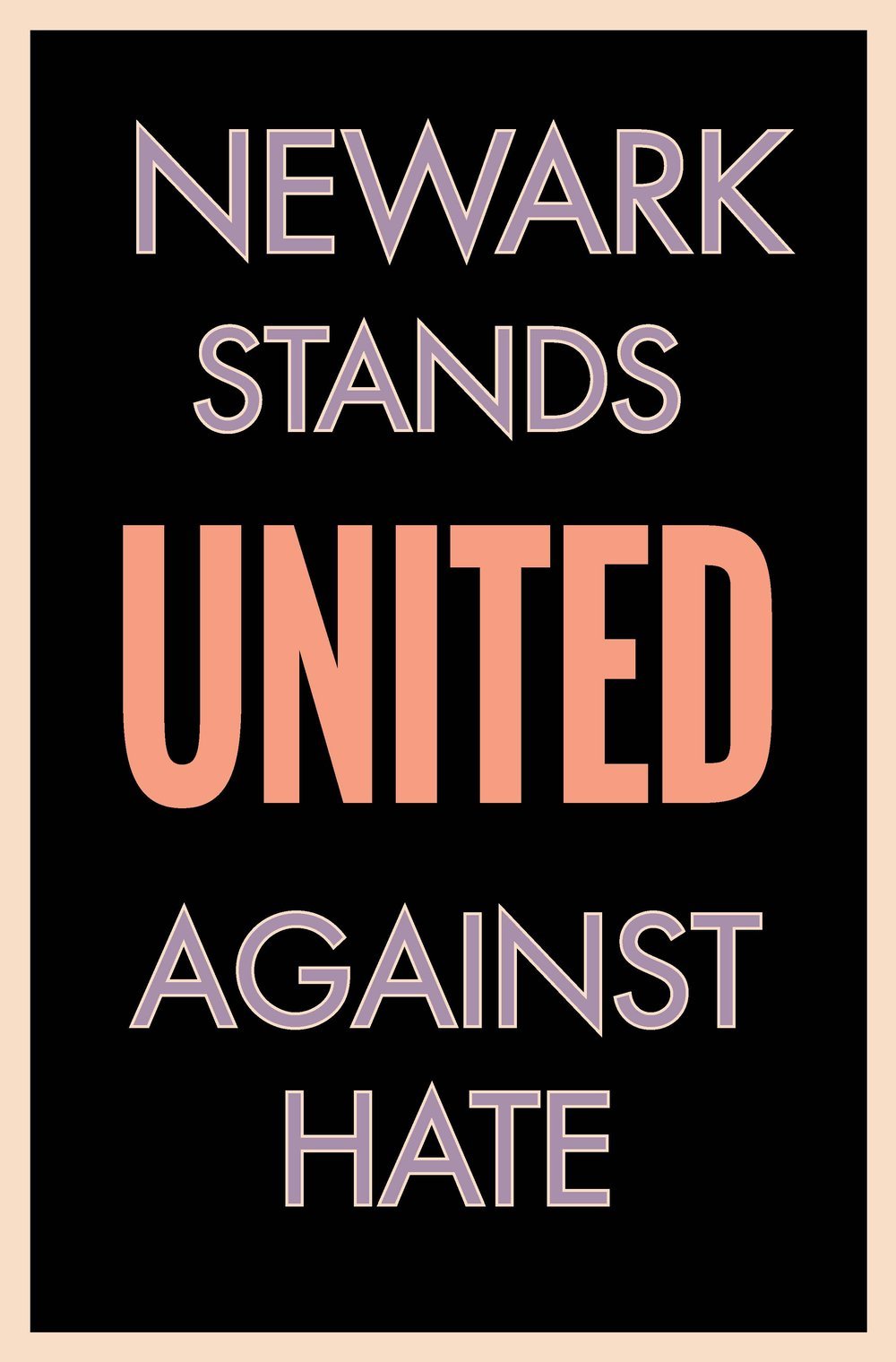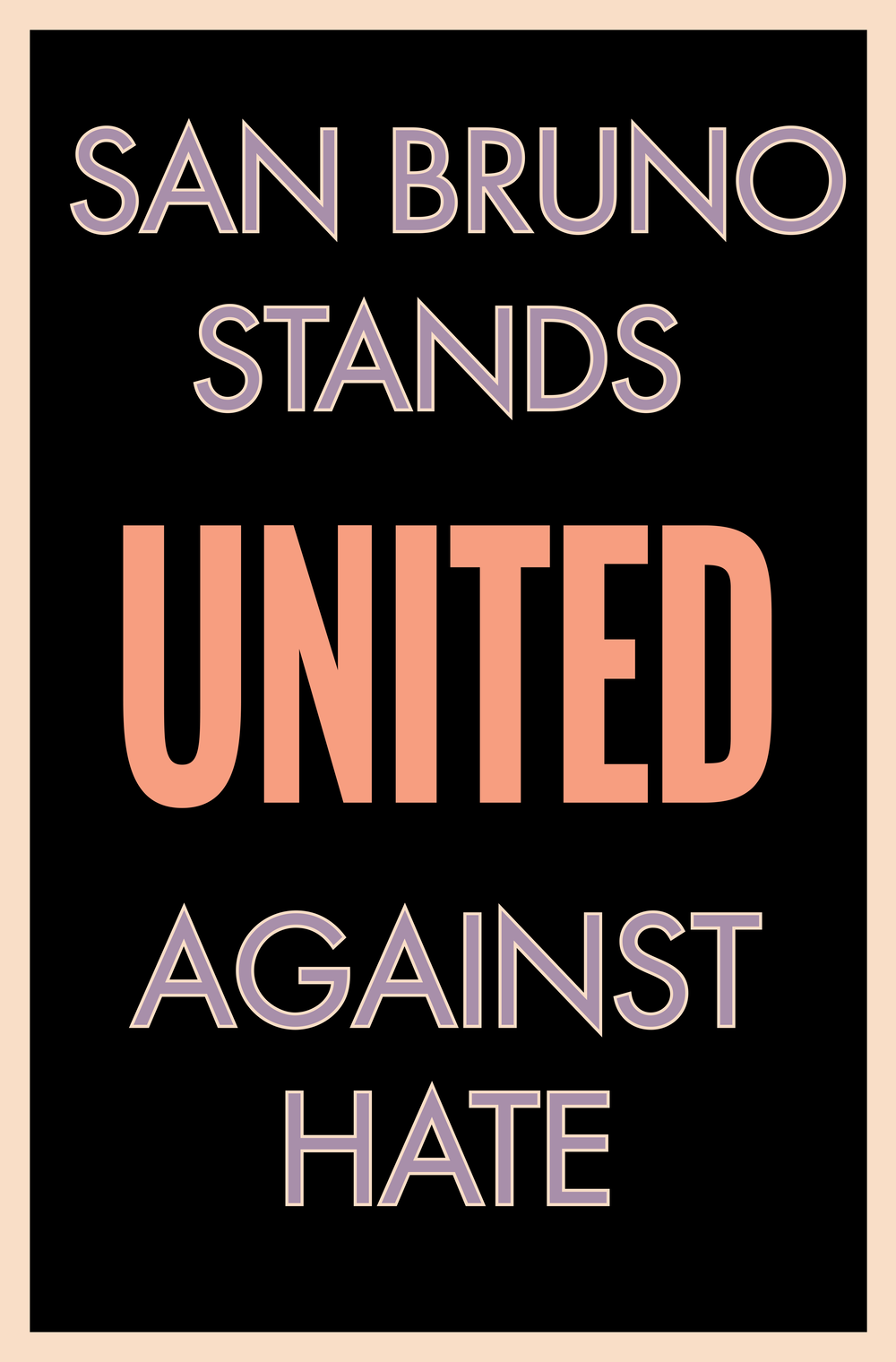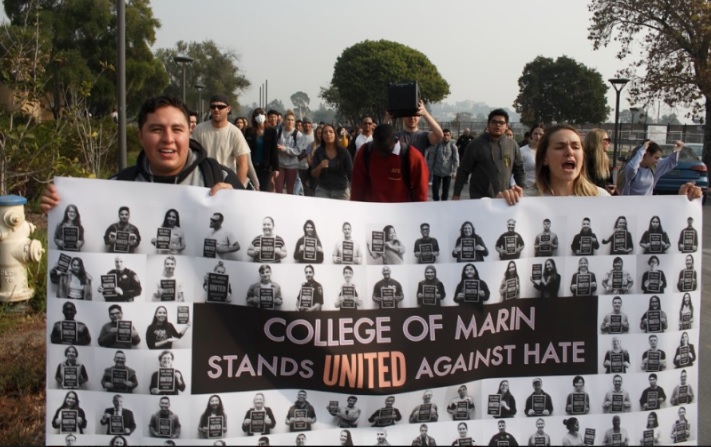Contact Us
To provide feedback on the Community Policing Dispatch, e-mail the editorial board at CPDispatch@usdoj.gov.
To obtain details on COPS Office programs, publications, and resources, contact the COPS Office Response Center at 800-421-6770 or AskCopsRC@usdoj.gov

U.S. Department of Justice
Office of Community Oriented Policing Services
Washington, DC 20530
September 21 – 27, 2024: A Week of Action to Stop Hate
The annual United Against Hate Week (UAH Week) campaign provides an opportunity to raise awareness about the harm of hate; build relationships to respond to hate and bias incidents; and affirm community values of safety, equity, inclusion, and belonging. Every year, local governments, law enforcement agencies, community organizations, libraries, faith groups, and schools display United Against Hate posters and collaborate to host hate crime education sessions, film screenings, concerts, rallies, art projects, and other activities that reinforce a message of unity.
What started as a poster campaign in San Francisco Bay Area cities in response to white supremacist rallies in 2017 has spread to communities across the United States.
During UAH Week, law enforcement agencies can join with diverse community partners, municipal leaders, and individual residents to make a strong statement that hate will not be tolerated.
“Prejudice and hate that leads to violence and other repulsive behavior is completely against what we stand for as a society and will never be accepted. Cook County residents need to be aware of their rights and be assured we are committed to pursuing justice for victims of hate crimes. That is why we are proud to be a part of the United Against Hate Campaign."
– Cook County (Illinois) Sheriff’s Office
Five Ways Agencies Can Participate in UAH Week
- Display and distribute United Against Hate posters.
Displaying “United Against Hate” posters in public spaces throughout the community can help create a climate of safety and inclusivity. Partner with libraries, fire stations, schools, and other public venues to distribute free posters to everyone in your region. Print posters from the campaign website or contact UAH for help creating a poster for your jurisdiction: unitedagainsthate.uah@gmail.com.


- Post and share UAH Week on social media and join the UAH Week video campaign.
Speaking up to proactively affirm community values is a critical component of creating a more inclusive environment, one that is less likely to accept acts of hate and discrimination. Follow the campaign tag #UnitedAgainstHate and spread United Against Hate messages on social media.
Through the UAH Week Video Campaign, city leaders and community members share why they stand united against hate. Create a video for your department, and tag the campaign on Facebook and on Instagram with #UnitedAgainstHate.
Last year, Berkeley (California) Police Chief Jen Louis collaborated with Mayor Jesse Arreguín and other city leaders to create the video Berkeley PD Stands United Against Hate. They provided residents with critical information about hate crimes and presented a unified stand against hate.

- Share campaign information with community partners and civic leaders.
The UAH Week Community Action Toolkit provides guidance on participating in the campaign and features 20 Ideas for Action to inspire organizations and individual residents. Ask municipal leaders to pass a resolution or proclamation acknowledging community-wide participation in UAH Week.
Other resources to share include the UAH Week Campaign website and the UAH Week Not In Our Town (NIOT) Film Guide, which explains how to use a community film screening to spark positive action.
- Partner to present a community screening and discussion of a Not In Our Town film.
NIOT films document powerful real-life community responses to hate, modeling solidarity and empowering viewers to take positive action in their own towns. NIOT offers discussion guides and other materials to support successful screening events. Select films include the following:
- Waking in Oak Creek: Originally presented as part of NIOT’s Working Together for Safe, Inclusive Communities collaboration with the COPS Office, the film reveals the powerful community response after the shooting at the Sikh Temple of Wisconsin.
- Light in the Darkness: A town takes action after anti-immigrant violence devastates the community.
- Repairing the World: Stories from the Tree of Life: Pittsburgh residents work together to understand what it means to be “stronger than hate” after the worst antisemitic attack in U.S. history.
Earlier in 2024, the San Bruno (California) Police Department began collaborating with community partners to present a screening of Light in the Darkness, and the U.S. Attorney’s Office for the Eastern District of Pennsylvania partnered with public media station WLVT, faith organizations, the local NAACP chapter, and the local LGBTQ center to present a community screening of Repairing the World.
In 2019, College of Marin (California) students were inspired by campaign information then-Police Chief Jeff Marozick shared with them. Together with faculty and staff, they organized a screening and discussion of a Not In Our Town film and hung banners and posters around campus with the message, “College of Marin Stands United Against Hate.” At the time, Chief Marozick described his hope: “If you’re victimized or you feel like you’re marginalized, and you don’t want to report, you think, ‘Wait—all these people are saying they stand with me.’ It might encourage people to report.”

- Collaborate with community partners to host a Hate Crime Education Session.
At a community session, residents can share information about recent incidents they have witnessed or experienced and express concern about local threats. Law enforcement and community partners can emphasize the importance of reporting all hate incidents as well as hate crimes, educate about local reporting protocols, explain how to recognize hate group signage and propaganda, and offer information about important support services available for victims, among other possible topics.
In September, the Cook County (Illinois) Sheriff’s Office will join the Office of the Cook County Public Defender, the State’s Attorney’s Office, and the Cook County Department of Human Rights at a public library to present a hate crime education panel hosted by Cook County United Against Hate (CCUAH). CCUAH collaborates with County Supervisors, law enforcement partners, and diverse community-based organizations to organize these sessions in different locations throughout the year. Residents learn how they can report a hate crime, as well as how hate crimes are investigated and prosecuted. A previous event cohosted by the Chinese American Service League featured live Chinese translation.

For assistance planning UAH Week activities in your community, please contact unitedagainsthate.uah@gmail.com.
(UAH Week is administered by a Steering Committee that includes Not In Our Town, the City of Berkeley and other cities, the California Civil Rights Department, California vs Hate, and LA vs Hate.)
Images courtesy of United Against Hate, the College of Marin, California, and the City of Berkeley, California.
Subscribe to Email Updates
To sign up for monthly updates or to access your subscriber preferences, please enter your email address in the Subscribe box.






